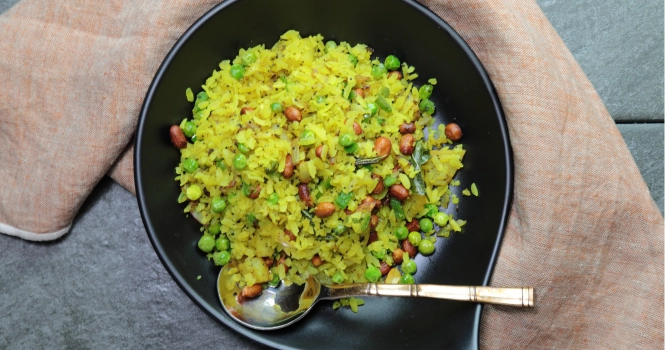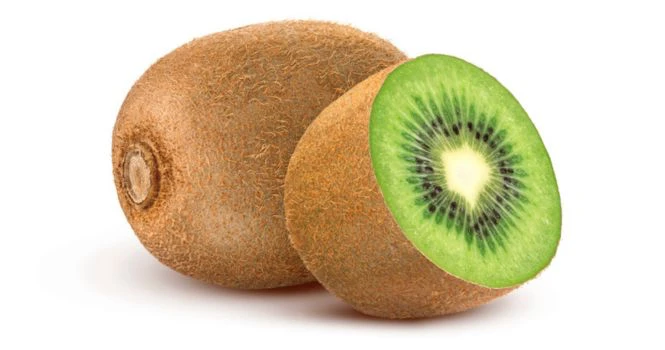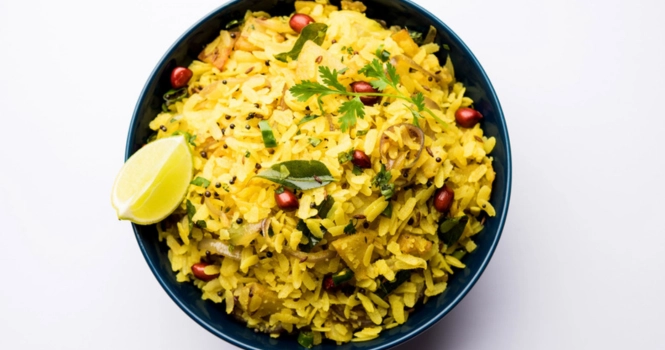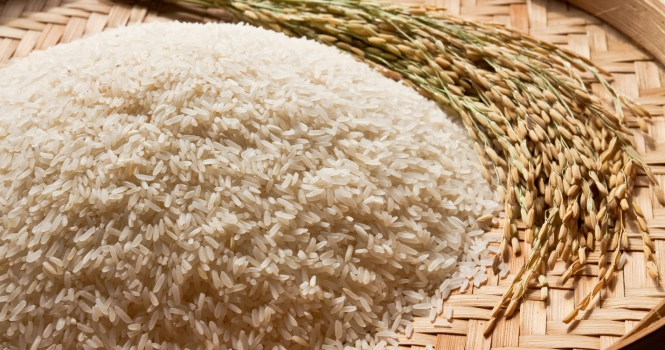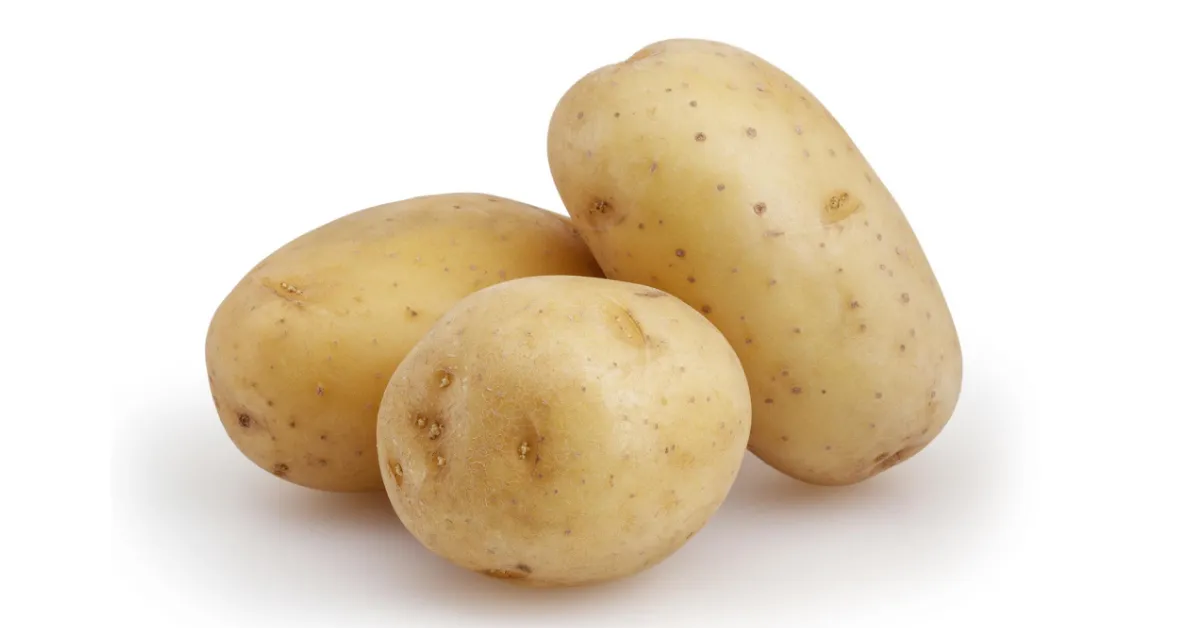Benefits of Pear Fruit

What is a Pear Fruit?
A pear is a fruit native to coastal and mildly temperate regions of the Old World, from Western Europe and North Africa east across Asia.
It belongs to the Rosaceae family, which also includes apples and quinces. They are typically sweet, juicy, and slightly tart, with a characteristic bell or “pear” shape—round at the bottom and tapering towards the top.

Types of Pear Fruit
There are thousands of varieties of pears worldwide, but here are some of the most common ones:
- Bartlett Pear: Also known as the Williams pear in many countries outside the U.S., this is one of the most commonly grown varieties, known for its sweet and juicy flavor.
- Anjou Pear: This variety is recognized by its egg-like shape. It can come in both red and green varieties and has a mildly sweet flavor.
- Bosc Pear: This pear is taller and more slender than many other varieties. It has a crisp texture and sweet-spicy flavor.
- Comice Pear: Known for its extreme juiciness and sweet flavor, this variety is often included in gourmet fruit baskets.
- Concorde Pear: This variety is a cross between a Conference and a Comice pear. It has a long, tapered neck and firm texture.
- Asian Pear: These pears are usually round and crisp like apples, with a sweet and tart flavor.

How Pear Fruit Looks in Different Countries
The appearance of pears can differ based on the variety and the region where they are grown. Here’s a general idea:
- In Western countries like the United States, the most common pear varieties like Bartlett and Anjou are typically green or yellow, sometimes with a red blush. They are also characterized by their bell shape.
- Asian pears, native to East Asia, are usually round, resembling an apple, and often have a yellow or brownish skin.
- In African countries, pears might refer to completely different types of fruit. For instance, the African pear or bush pear is native to West Africa and looks quite different from traditional pears, having a dark purple exterior with an oily, avocado-like interior.
- In many parts of the Middle East and Mediterranean, pears are often yellow or golden when ripe, similar in appearance to Bartlett or Anjou pears.
Please note that these are general descriptions, and the actual appearance can vary based on the specific variety and growing conditions.
How Does Pearfruit Help in Weight Loss?
They can be a beneficial part of a weight loss diet for several reasons:
- Low in Calories: One medium-sized contains around 100 calories, which is relatively low compared to many other snack foods. This makes it a nutritious and satisfying option that can be included in a calorie-controlled diet.
- High in Fiber: They are very high in dietary fiber, with one pear providing about 6 grams, which is 24% of the daily recommended intake. Fiber is important for weight loss because it adds bulk to your diet, helping you feel full and satisfied, which can reduce overall food intake.
- High in Water: They are made up of about 84% water. Foods with high water content can help you feel full, so you may end up consuming fewer calories.
- Rich in Nutrients: They contain vitamins C and K, as well as important minerals like potassium and magnesium. They’re also a good source of antioxidants, which provide a variety of health benefits. Nutrient-dense foods like pears can help prevent deficiencies that could otherwise hinder your weight loss progress.
- Promotes Gut Health: The fiber in it acts as a prebiotic, providing food for beneficial bacteria in your gut. A healthy gut microbiome is associated with a lower risk of obesity.
Remember, while pears and other fruits are healthy, they should be part of a balanced diet combined with regular exercise for effective weight loss.
It’s also important to eat pears in their whole form, including the skin, rather than as juice or other processed forms, to get the full benefits of their fiber content.
Can Diabetics Eat Pearfruit? How Do Pears Affect Blood Sugar?
Yes, people with diabetes can certainly eat it. Pears, like most fruits, can be part of a healthy diet for people with diabetes for several reasons:
1. Low Glycemic Index (GI):
The glycemic index is a measure of how quickly a food raises blood sugar levels. Foods with a low GI are digested and absorbed more slowly, causing a slower and lower rise in blood sugar levels. Pears have a low GI, which means they have less of an effect on blood sugar levels compared to foods with a high GI.
2. High in Fiber:
They are high in dietary fiber, which can slow the absorption of sugars into the bloodstream and prevent spikes in blood glucose. This makes pears a good choice for people with diabetes.
3. Contains Antioxidants:
They are rich in antioxidants, which help combat oxidative stress, a factor that contributes to the development of diabetes.
While pears can be a good choice for people with diabetes, it’s important to remember that portion size is key.
Fruit contains carbohydrates and should be counted as part of your overall carb intake.
In general, one small piece of fresh fruit or a half cup of canned or frozen fruit has about 15 grams of carbs, which is a typical amount for a serving of fruit.
Different Pear Fruit Calories, Fibre, Glycemic Index and Load
| Fruit Type | Calorie Content (per 100g) | Dietary Fiber (per 100g) | GI (Glycemic Index) | GL (Glycemic Load) |
| Bartlett Pear | 57 | 3.1g | 38 (low) | 4 |
| Anjou Pear | 57 | 3.6g | 34 (low) | 3 |
| Bosc Pear | 62 | 3.1g | 45 (medium) | 4 |
| Comice Pear | 57 | 3.3g | 34 (low) | 3 |
| Concorde Pear | 57 | 3.1g | 34 (low) | 3 |
| Asian Pear | 42 | 3.6g | 29 (low) | 1 |
Benefits in Pregnancy
1. Rich in Fiber:
It can help alleviate constipation, which is a common problem during pregnancy.
2. Vitamin C:
This antioxidant is important for tissue repair, wound healing, bone growth and repair, and healthy skin. Vitamin C also aids in the body’s production of collagen, which is essential for the development of your baby’s skin, cartilage, tendons, and blood vessels.
3. Folic Acid:
They contain a small amount of folic acid, a type of B vitamin that’s very important for the development of a baby’s neural tube (which develops into the brain and spinal cord). Adequate folic acid intake is crucial during early pregnancy to reduce the risk of neural tube defects.
4. Potassium:
This important mineral helps maintain electrolyte balance, nerve function, and muscle control. It may also help alleviate leg cramps, a common discomfort during pregnancy.
Remember, while they can be beneficial during pregnancy, it’s always a good idea to consult with your healthcare provider or a dietitian for personalized advice on diet during pregnancy.
Benefits for Skin
1. Hydration: Pears, being high in water content, can help keep the skin hydrated.
2. Vitamin C: They are a good source of Vitamin C, a potent antioxidant that fights free radicals and supports the body’s natural ability to fight against damage caused by the sun and pollution. Vitamin C also promotes collagen production, which can improve skin’s elasticity and reduce wrinkles.
3. Vitamin K: This vitamin is known to be beneficial for skin health, potentially helping with issues such as dark spots and under-eye circles.
4. Fiber: By promoting healthy digestion, fiber can help your body get rid of toxins, which can lead to healthier, clearer skin.
It should be noted that while eating pears can contribute to skin health, a comprehensive skincare routine and overall healthy lifestyle are also important for maintaining your skin’s appearance and health.
Different Pear Fruit Health Benefits
| Fruit Type | Health Benefits |
| Prickly Pear | Rich in fiber, antioxidants, vitamin C, and magnesium. May help reduce inflammation, lower cholesterol levels, and manage diabetes |
| Indian Pear | High in fiber and vitamin C, may boost the immune system, support heart health, and provide digestive benefits |
| Cactus Pear | Similar to Prickly Pear, it is high in antioxidants, vitamin C, and fiber, and may assist in lowering blood sugar levels |
| Red Pear | High in fiber, vitamin C and potassium, may support heart health, and aid digestion |
| African Pear | Known for its high protein content, it is also rich in fats, fibers, and minerals like calcium and potassium |
| Asian Pear | Contains high amounts of fiber, vitamin C, and vitamin K, and may support immune health, bone health, and heart health |
| Golden Pear | Rich in antioxidants, vitamin C, and fiber, it may support immune health and aid digestion |
| Soft Pear | Similar to other pear types, high in fiber and vitamin C, may support heart health, and aid digestion |
| Apple Pear | High in fiber, vitamin C, and vitamin K, it has a high water content that may support hydration, and promote digestive and heart health |
Frequently Asked Questions
What are the benefits of eating a pear?
Eating pears offers several benefits, including high fiber content which aids in digestion, essential vitamins and minerals such as Vitamin C and K, and they are low in calories, which can help with weight management.
Is it good to eat a pear every day?
Yes, it’s good to eat it every day as part of a balanced diet due to its numerous health benefits including its nutrient density and high fiber content.
Is Pear hot or cold for the body?
In terms of traditional Chinese medicine, they are considered to have a cooling effect on the body.
What are the benefits of pears for women?
They offer several benefits for women, such as high fiber content that can aid in weight management, antioxidants that support skin health, and essential nutrients like folate, which are particularly important during pregnancy.
Which is better, an apple or a pear?
Both apples and pears offer a range of health benefits, so neither is necessarily “better.” It largely depends on individual nutritional needs and taste preferences. For instance, pears typically have more fiber and potassium, while apples can have more Vitamin C.
Which is healthier, an apple or a pear?
Both apples and pears are healthy, each offering different nutrient profiles. They both provide dietary fiber, essential vitamins, and antioxidants. Choosing one over the other simply depends on the specific nutrients you’re looking for.
What is the best time to eat pears?
There isn’t a specific “best” time to eat pears; it depends on personal preference and dietary needs. They can be enjoyed as a snack, dessert, or part of meals at any time of the day.
Does eating pears make your skin glow?
They, being rich in vitamins and antioxidants, can contribute to healthy skin. However, a single food is unlikely to make your skin “glow” – overall diet and lifestyle, hydration, and proper skin care are important. Glowing refers to the skin looking healthy.
What is the best fruit to eat at night?
Fruits like cherries, kiwis, and bananas are often recommended for nighttime consumption due to their potential sleep-promoting properties. However, most fruits are fine to eat at night as part of a balanced diet.
What are the side effects?
While they are generally safe and healthy, eating too many can potentially cause bloating or digestive discomfort due to their high fiber content. Some people may also have an allergy or intolerance to pears, although this is relatively rare.
Is it good for loose motion (diarrhea)?
They contain a good amount of dietary fiber which can aid in digestion. However, in the case of diarrhea, it’s typically recommended to follow the BRAT diet (Bananas, Rice, Applesauce, Toast) initially, which is easy on the stomach.
As your symptoms improve, you can gradually add other foods back into your diet, such as pears. As always, it’s important to consult a healthcare provider if you have any concerns.
Are pears high in sugar?
They do contain sugar, like all fruits, but they are not excessively high. On average, a medium-sized pear weighing around 178 grams (6.3 ounces) typically contains approximately 17 grams of sugar.
Is pear good for hair growth?
While there’s no direct link between pears and hair growth, they do contain nutrients like vitamins C and K, and antioxidants, which contribute to overall health and could indirectly support healthy hair.
Does eating pears lead to weight loss or gain?
Pears can be part of a healthy diet for weight loss because they’re low in calories and high in fiber, which can promote feelings of fullness. However, weight gain or loss is primarily determined by total calorie intake and expenditure, not by single foods.
Why is pear fruit so expensive?
The price of pears can depend on many factors including the variety, season, where they’re grown, transportation costs, and supply and demand dynamics. Organic or specialty varieties might be more expensive. Importing the fruit from other countries adds to the bill.
Are pears high in iron?
They contain a small amount of iron, but they’re not considered a high-iron food. Foods rich in iron include red meat, fortified cereals, and leafy green vegetables.
Are pears okay for diabetics?
Yes, they are okay for diabetics. They have a low glycemic index and are high in fiber, which can help regulate blood sugar levels.
How many pears can one have in a day?
There’s no set limit, but eating a variety of fruits and vegetables is encouraged for overall health. One to two pears a day should be perfectly fine for most people as part of a balanced diet.
Can we eat pears while suffering from a cough or cold?
Yes, you can eat pears when you have a cough or cold. Pears are hydrating and contain vitamin C, which supports the immune system.
Why is it that we are told to avoid Pears when having a common cold?
The belief that it should not be eaten when one has a cold is mostly associated with traditional Chinese medicine. It’s based on the concept of “heating” and “cooling” foods, where pears are considered a “cooling” fruit.
In this context, the belief is that consuming “cooling” foods during a cold or respiratory illness might exacerbate symptoms by creating more dampness and cold in the body.
However, it’s important to note that these concepts do not have a direct correlation in Western medicine. Pears are packed with vitamins, particularly vitamin C, and fiber, which are beneficial to overall health and immune function.
Moreover, they are high in water content and can help keep the body hydrated, which is especially important when you’re unwell. But, like any food, if you find that eating them makes your symptoms worse, it’s best to avoid them until you feel better.
If you’re unwell and unsure about what to eat, the best course of action is always to consult your doctor who can provide guidance based on your specific circumstances and overall health.
Does eating pear cause gas?
Pears, like many fruits, contain a type of sugar called fructose, which some people find harder to digest and could lead to gas. However, most people can eat pears without this issue.
Are pears good for pregnancy?
Yes, they can be beneficial during pregnancy. They’re a good source of fiber, which can help with digestion issues common in pregnancy, and they contain several key nutrients like vitamin C and potassium.
However, it’s always best to consult a healthcare provider for individual dietary advice.
Sources
&
lt;li
- style=”list-style-type: none;”>
-
- <li
![]()



